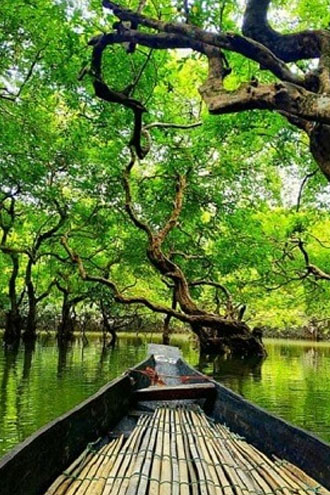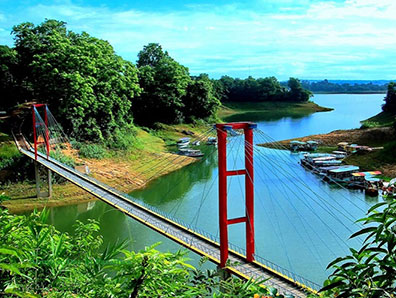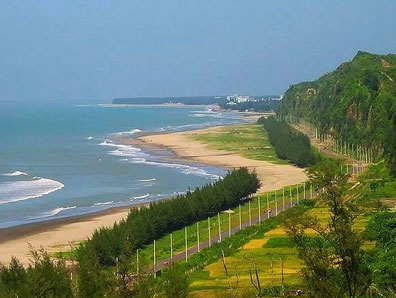Croatia is a country located in Southeast Europe, on the Adriatic Sea coast. Its capital and largest city is Zagreb. Croatia has a population of around 4.1 million people and its official language is Croatian. The country gained independence from Yugoslavia in 1991 and joined the European Union in 2013. Croatia is known for its picturesque coastal towns, historic landmarks, and natural beauty, including the Plitvice Lakes National Park and the Dubrovnik Old Town, which is a UNESCO World Heritage site. The country's economy is primarily based on tourism and agriculture.
Croatia's economy is primarily based on services, which account for about 70% of GDP. Tourism is a significant contributor to the service sector, with the country's Adriatic coast and historic landmarks attracting millions of visitors each year. Agriculture also plays a role in the economy, with crops such as wheat, corn, and sugar beets being important agricultural products.
The country has undergone significant economic changes since gaining independence in 1991, including the privatisation of state-owned enterprises, the liberalization of trade and investment, and the introduction of market-oriented economic policies. These changes have led to economic growth and development, but also some challenges such as high unemployment and public debt.
Croatia has a high trade-openness and exports are mainly focused on machinery, transport equipment, chemicals, food and live animals, textiles and footwear. Main trading partners are EU member states, especially Germany, Italy and Slovenia.
The country's membership in the European Union has also had a positive impact on the economy, with EU funding being used to support infrastructure projects and economic development. However, Croatia still faces some economic challenges, including a high level of public debt, structural unemployment, and a need to address the long-term sustainability of its public finances.


